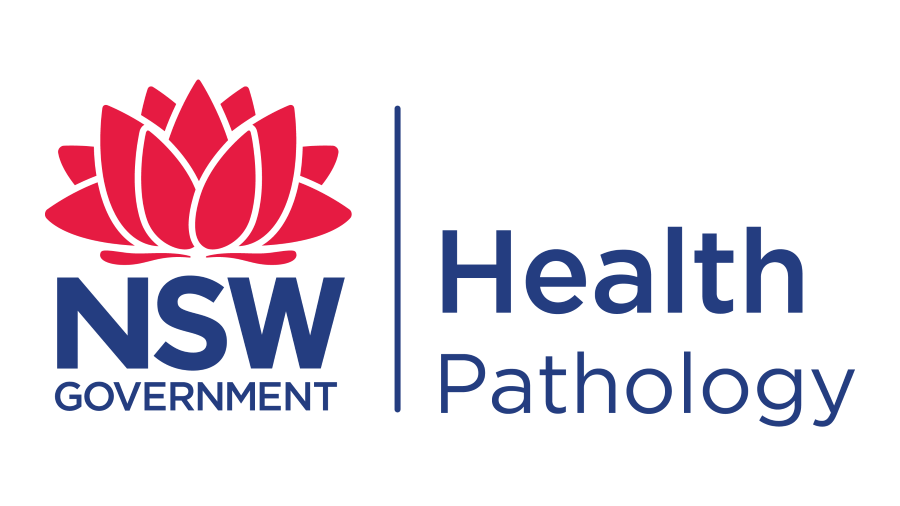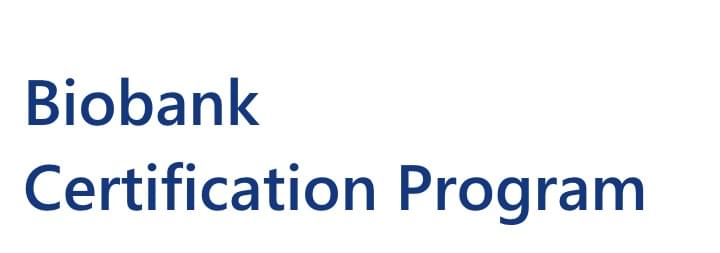Digestive Health Biobank
This protocol describes the process of establishing a biobank, defined as a central biorepository that collects, processes, stores and distributes human biological material which is stored along with data related to both the specimen and patient of origin. Human biological material includes any biological specimens which are obtained from a person including tissue, blood, stool, urine and saliva and any derivative from these including cells lines [1]. Background Significance of functional gastrointestinal disorders (FGIDs) FGIDs, and associated gastrointestinal disorders, represent “a variable combination of chronic or recurrent symptoms attributable to the gastrointestinal (GI) tract that are not readily explained by structural or biochemical abnormalities” (1, 2). FGIDs are extremely common, affecting one in three Americans and Australians (3) (4) and significantly impair quality of life as manifested by poorer mental and physical functioning and problems with employment, relationships, sexual functioning, leisure, travel and sleep (5). FGIDs are also associated with enormous economic costs [5]. Using a unique billing database linked to all sources of medical care including inpatient and outpatient health services, we have estimated that IBS alone costs the U.S. $8 billion annually, without considering prescribed and over the counter medications and loss of time from work (6). Most of these costs are associated with those people presenting for care. Half of all patients with gastrointestinal complaints seen in general practice have FGIDs (7) and up to half of all referrals to specialist gastroenterologists are for FGIDs (8). The need to be able to accurately diagnose and treat these conditions is critical for reducing the economic burden of these diseases. The development of a biobank will enable us to investigate and develop accurate methods for diagnosing and understanding the underlying pathophysiology of FGIDs (and associated gastrointestinal disorders) both now and in the future.
| Registered Biobank Name | Digestive Health Biobank (DHB) |
| Biobank Leader | Susan Richardson |
| Principal Investigator | Nicholas Talley |
| Address |
1 Kookaburra circuit New Lambton Heights Newcastle, NSW, Australia |
| Website | https://digestivehealth.org.au/2023-summary/ |
| Email for biobank inquiries | digestive.health@newcastle.edu.au |
User Type
|
Poly - Collection aimed at supporting undetermined, multiple users with ethics approved research projects, through a defined access/application mechanism. |

